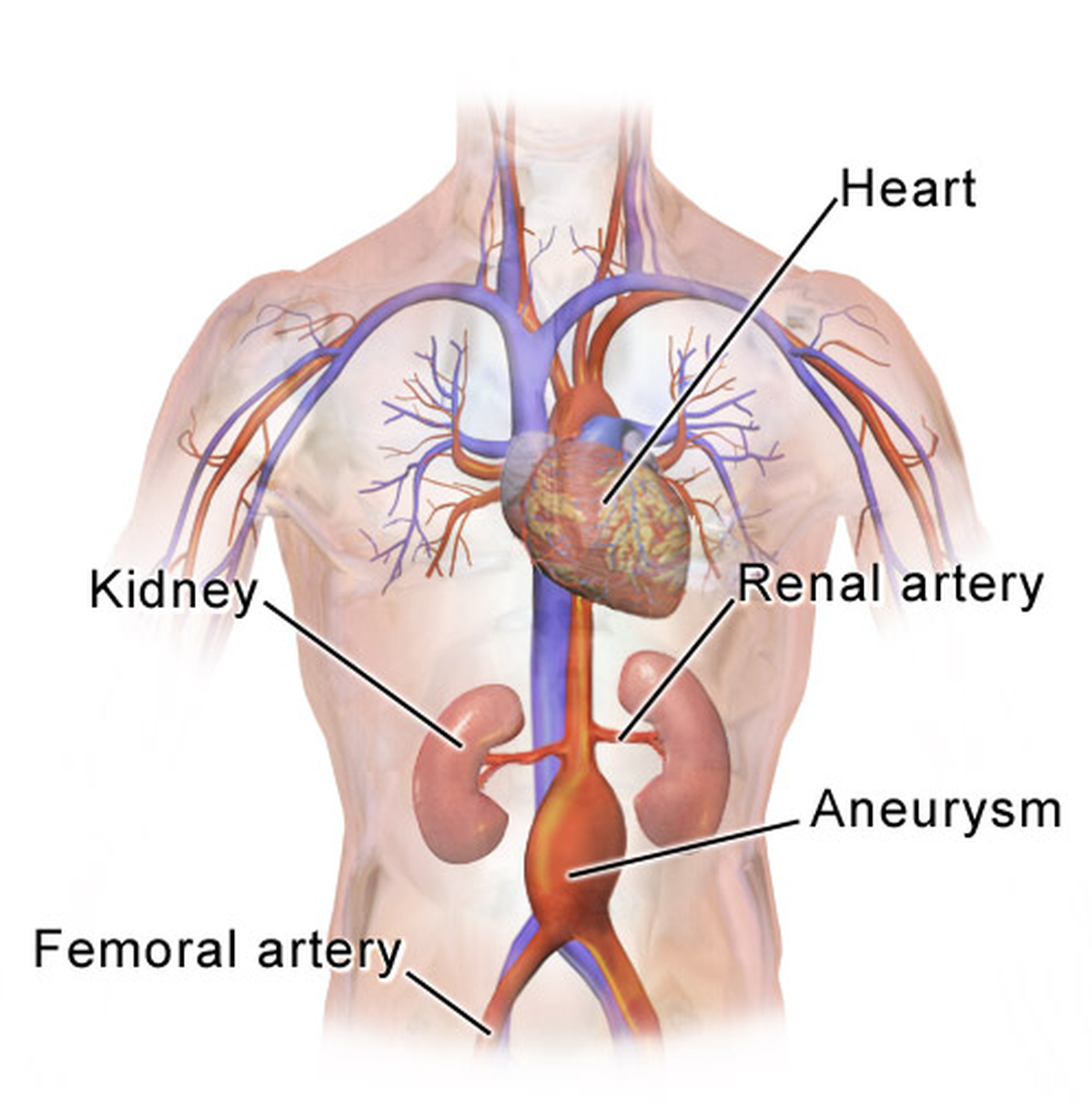Why do deaths occur due to heat stroke? Premium
E. Theranirajan, dean of Rajiv Gandhi Government General Hospital, where 43 persons were treated, said that dizziness and a throbbing headache were the most common complaints. One person who had discontinued medications for convulsions had seizures at the venue (Marina Beach), indicating that prolonged exposure to heat can exacerbate existing illnesses.
How does heat impact health? According to the World Health Organisation, the amount of heat stored in the body is determined by a combination of two factors: an inability to eliminate internally generated heat from metabolic processes due to environmental health stress (such as high temperature, high humidity) and clothing creating a barrier to heat loss and external heat gain from the environment. The body’s inability to regulate internal temperature and eliminate heat gain in such conditions increases the risk of heat exhaustion and heat stroke.
Rammohan K. R., head, Emergency Medicine, MGM Healthcare said, “When a person has constant exposure to heat, it can increase the core body temperature; the rectal temperature could increase to more than 40.6 degrees Celsius. This is what we call heat stroke.”
The body’s metabolism has a particular temperature of 38 to 39 degrees Celsius. “When temperature builds up in the body, it can cause dizziness and profuse sweating as well. This is the normal physiological process. Excessive sweating due to constant exposure to heat can cause dehydration. As a result of this, the blood becomes thick, making circulation difficult. This can cause a drop in blood pressure and saturation levels.”
When body temperature increases to more than 40 degrees Celsius, it could affect enzyme-mediated reactions. It can ultimately cause stroke (blood clot in the brain or heart), Dr. Rammohan added.
Dr. Theranirajan noted that sweating and loss of fluid lead to dehydration. “When dehydration increases, sodium concentration in the body increases, resulting in hypernatremia, which could cause a haemorrhage in the brain. Continuous exposure to heat can affect the body’s metabolism, impacting the sodium, potassium, and fluid levels in the body. It could cause encephalopathy. Systemic Inflammatory Response Syndrome could occur, and any organ can be affected in the process. It could cause acute kidney injury.”
Excessive temperature should be brought down immediately, Dr. Rammohan said, adding: “People could come in with altered mental behaviour and dizziness. Older people are vulnerable to heat stroke as their skin is tender, and they can get easily dehydrated when exposed to the sun for a prolonged period. Preexisting illnesses could also be a triggering factor. We infuse cool salines and use cold blankets to bring down the temperature to 100 or 101 degrees Fahrenheit.”
Published - October 10, 2024 11:43 pm IST







)






)
)


)

)
)
